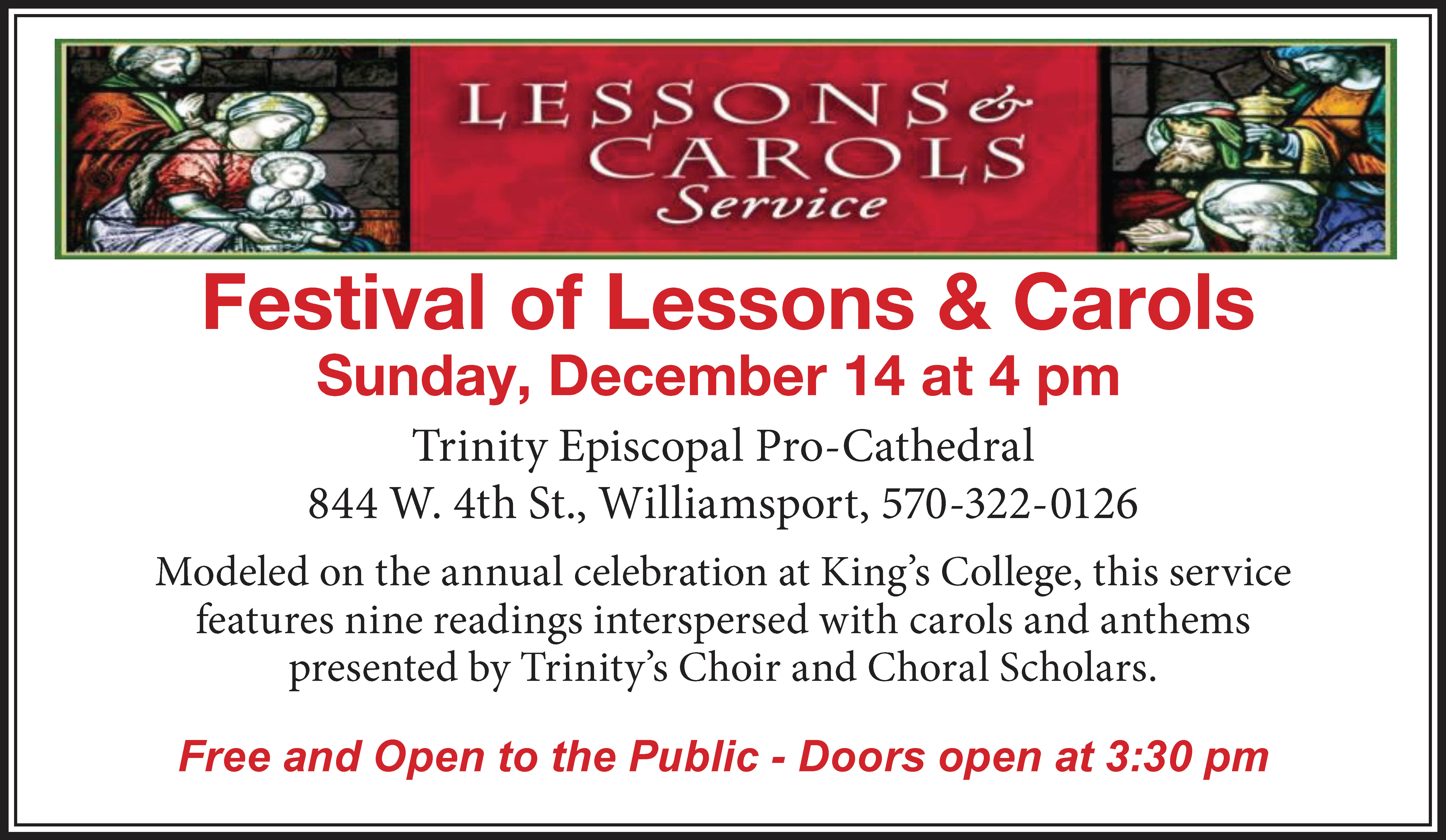When most of us think of the new year, we think of goofy party hats, late-night celebrations, and maybe one too many cocktails — basically, a bunch of bad decisions.
There might be decadent food involved, and you might even have some annual traditions, such as watching a lighted ball drop in Times Square or counting down the last seconds of the year with friends and family. You might even celebrate with some fireworks, much to the chagrin of your neighbors. It makes sense then that with each new year comes a renewal, a do-over, and a clean slate if you will. A chance to start fresh. But have you ever given much thought to why we celebrate the end of one year and the beginning of the next? No? Me neither.
Well, as I looked into the history of New Year’s celebrations, I found some interesting things. First, the transition from one year to the next has been celebrated for over 4,000 years! Second, we have to be specific about which calendar we are discussing, as there are many. So, depending on which calendar you are referring to, there are many different dates that begin the new year.
I know you’re dying to know who the first people in recorded history were to party into the New Year. Well, according to the good folks at History.com, if you guessed that the Babylonians in Mesopotamia (present-day Iraq) were the first to celebrate the new year (called Akitu), you would be correct.
Now that we had answered the questions of who and when the new year first became officially celebrated let’s address the concept of time and the different calendars. Not everyone was on the same page.
The Babylonians partied after the spring equinox, but many other civilizations chose different days to mark the changing year.
The Persians also used the spring equinox, but the Assyrians celebrated with the new moon closest to the autumn equinox in mid-September, with the Egyptians and Phoenicians celebrating on the autumn equinox.
The Greeks used the winter solstice, and the Romans used the republican calendar on March 1st, which consisted of 10 months and 304 days. Later, in 46 B.C., they switched to January 1st and the Julian calendar, which ran 365 days and held a leap year every fourth year. The list goes on and on.
Currently, most of us in Northcentral PA use a Gregorian calendar, and December 31st marks the end of the year. The Gregorian calendar was introduced in 1582 by Pope Gregory XIII to replace the Julian calendar so that leap years could be more evenly spaced, which made a year approximately 365.25 days long and more closely followed the Earth’s timeline around the Sun.
According to Britannica.com, most European countries followed suit by adopting the Gregorian calendar, with Scotland jumping on board in 1660, Germany and Denmark around 1700, England in 1752, and Russia in 1918.
Even now, however, this calendar is not the only way humans measure time. The Chinese New Year begins on the first new moon between January 21st and February 20th. In Thailand, the water festival Songkran is celebrated in April, and Nowruz, celebrated in parts of the Middle East, is held on March 14th, and so on.
As I mentioned at the beginning of this article, the significance of celebrating the transition from one year to the next goes far beyond the chance to party like it’s 1999 or declaring a list of resolutions that we are highly unlikely to see through. It gives us a chance to start over, even if it is just symbolically. It charts the passage of time and allows us to reflect on the past and look forward to the future.
Did you know that the Romans based the name of the month of January on their god, Janus? Janus had two faces, one looking backward and the other looking forward. Perhaps the Romans knew something about resolutions and the idea that it was good to try to rid oneself of poor habits and turn over a new leaf in the new year.
While I am not generally a fan of New Year’s resolutions in the sense that people set unrealistic goals without significant planning, I am a fan of renewal. Of forgiveness — both oneself and of others. I believe in the promise of better things to come but also of learning from the mistakes of the past. The passage of time is not something for which to be sad. Rather, cherished for it is extremely limited and precious. So, in all sincerity, I hope that you, your friends, and your family have a great new year.



